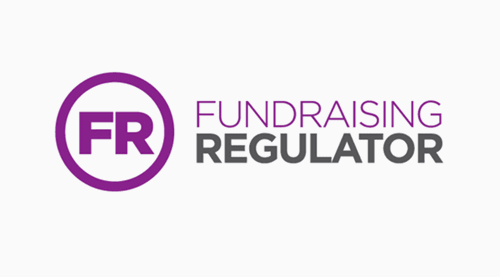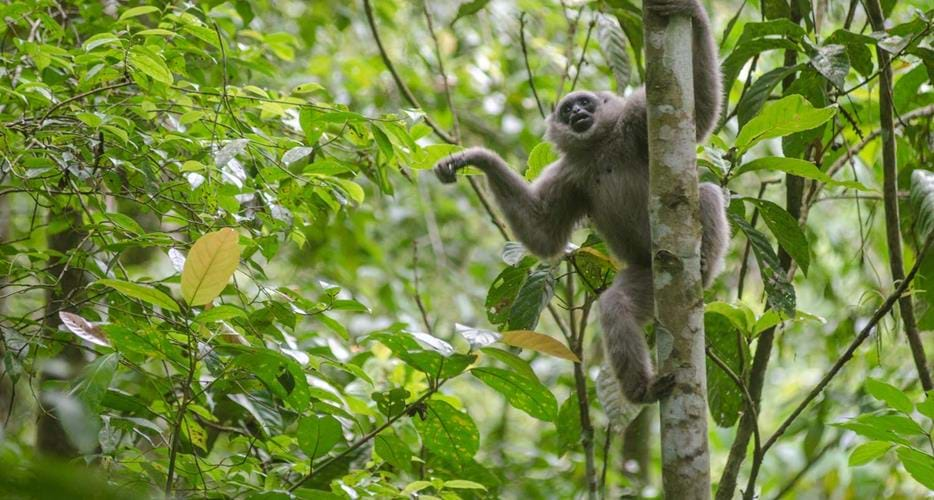Our work in Java
The Aspinall Foundation has been working in Java since December 2010 with projects to rescue and confiscate primates from the illegal pet trade and to rehabilitate and reintroduce them back into the wild alongside the repatriation of captive-bred primates from the UK. A rehabilitation centre was established in Bandung, West Java in 2011, followed by another centre in Malang, East Java in 2012.
The majority of primates that arrive at our two centres are Javan gibbons, Javan Grizzled langurs and Javan langurs, but the Aspinall Indonesia team also care for other species that we are temporarily asked to care for before being transferred to other Rescue Centres such as siamang, Sumatran langurs and Javan slow loris. Whenever possible animals are released back to the wild at protected sites after an appropriate period of rehabilitation.
The programme of work carried out by the Aspinall Indonesia team also includes educational activities for school children, regular university internships and research opportunities, and a high level of local community involvement.
During its first thirteen years of operation, this successful programme has released over 280 primates as part of our wider ‘Back to the Wild’ campaign and subsequent births in the wild have been recorded by our monitoring teams (4 Javan gibbons, 4 grizzled langurs and more than 40 Javan langurs).
Donate todayJavan Gibbon
The Javan gibbon (Hylobates moloch), is classified as Endangered on the IUCN Red List, which means the species is at very high risk of extinction in the wild. These beautiful gibbons, unique to Java, suffer population decline from the illegal pet trade, hunting, habitat loss and forest fragmentation.
In Java our team continue to receive confiscated gibbons, usually rescued from the illegal wildlife and pet trades. Outside of Asia the number of zoos keeping Javan gibbons remains very low and whilst these zoos participate in a captive breeding programme, only a small number are breeding successfully. With 151 births since 1988, Howletts and Port Lympne Wild Animal Parks are the world's most successful breeders of this species.
Since our rehabilitation centre opened in Java in 2011, and up to November 2022, we have received 71 Javan gibbons into our programme, 56 of which, a combination of wild and captive-born individuals, have been released back to the wild. The programme continues with more releases planned in 2023 and beyond.
Javan Langur and Javan grizzled Langurs
Our projects in Java have involved three species of langurs, the spangled ebony langur (Trachypithecus auratus), often referred to as the East Javan langur, the West Javan ebony langur (Trachypithecus mauritius), and Javan grizzled langur. They all are classified as Vulnerable on the IUCN Red List, which means the species is at high risk of extinction in the wild. As is the case with the Javan gibbon, langurs suffer population decline from the illegal pet trade, hunting, habitat loss and forest fragmentation.
The breeding programme at Howletts and Port Lympne Wild Animal Parks has led to just under 200 captive births in the UK. As part of our Back to the Wild campaign, small groups are repatriated to Java to enter the rehabilitation and release programme alongside their wild counterparts. Most of the wild-born langurs that enter the rehabilitation programme have been rescued from the illegal pet trade.
Since 2011, and up to the end of October 2022, we have received 253 Javan langurs, and 31 grizzled langurs into our programme, 175 of which, a combination of wild and captive-born individuals, have been released back to the wild. The programme continues with more releases in 2022 and beyond.












Our Work in Sumatra
2022 saw an exciting expansion of our work in Indonesia after several years of research and planning culminated in the start of a new project in Sumatra. Based on our successful Javan primate programme we are building the first dedicated Siamang Rehabilitation and Release Centre in South Sumatra.
Despite their vulnerability to extinction, there is currently very limited conservation activity in respect of siamang gibbons. The lack of conservation projects for this species makes it difficult for rescued siamang to be suitably rehabilitated for a return to the wild where they can ultimately reinforce the existing wild populations. This project seeks to address this.
Built in a 10-hectare section of protected forest the Centre will include 20 enclosures/quarantine cages, an office, a veterinary clinic, and a custom-built education and information centre. As with all our projects staff will be recruited from within the country.
Donate todaySiamang Gibbon
The siamang gibbon (Symphalangus syndactylus) has been classified as Endangered on the IUCN Red List meaning the species is at very high risk of extinction in the wild. The population is both highly fragmented and decreasing. IUCN further states should the rate of forest loss continue to increase, this species' status could easily become critical. One of the main threats is habitat loss through forest conversion, mining, logging and human encroachment. In addition, siamang are frequently taken from the wild as part of the illegal trade in wildlife, and they are one of the most heavily traded gibbon species for the illegal pet trade. Although they are a legally protected species, with protections ranging from local to international laws, their future still remains at threat.
Initially rescued siamang from across Indonesia will enter the rehabilitation programme at the Centre but this is a multi-year project and captive-bred siamang from our wildlife parks in the UK may be repatriated to Sumatra in the future.






Research and Education
Education is an important aspect of our projects in Indonesia and groups of schoolchildren visit our Rehabilitation Centres every year to learn about wildlife conservation and the importance of protecting natural habitats. The Aspinall Indonesia team also visit schools and hold education sessions in the village communities near our project sites. The team seek to make learning fun, with education packs and colouring competitions.
For the more mature student, there are internships and research opportunities for those studying at universities. Most months of the year students will participate, either in monitoring at release sites or by spending time at the Centres.
Donate todayBack to the wild
Working Together
Our work in Indonesia would not be possible without the valued relationship we have with various government authorities, corporate entities and local communities.
In particular, our projects are managed cooperatively with the Directorate General of Conservation of Natural Resources and Ecosystem, Ministry of Environment and Forestry (MoEF) of the Republic of Indonesia. At the provinces level the operational programme has executed partnerships with the Conservation of Natural Resources Agency (Balai Konservasi Sumber Daya Alam), MoEF, often referred to as BKSDA.
In relation to the forest status where our project in Java is established, we also work together with Forestry enterprise (or PERHUTANI) which has the duty and authority to manage the production of forest resources on the island. In addition we work with local NGOs at every site.
Donate todayOur Partners
We wish to express our high regard for our relationship with the Directorate General of Conservation of Natural Resources and Ecosystem, Ministry of Environment and Forestry (MoEF) of the Republic of Indonesia, without which our work would not be possible.
Our projects are supported in part by individual donors, many giving a regular monthly donation. However, in addition we rely on, and are extremely grateful for, the support of others, who we also wish to recognise and thank.
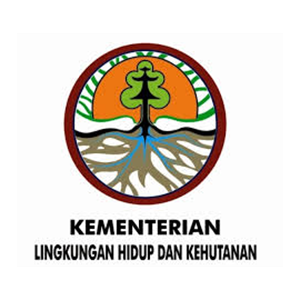
Ministry of Environment and Forestry (MoEF) of the Republic of Indonesia
Our projects are managed cooperatively with the Directorate General of Conservation of Natural Resources and Ecosystem, Ministry of Environment and Forestry (MoEF) of the Republic of Indonesia
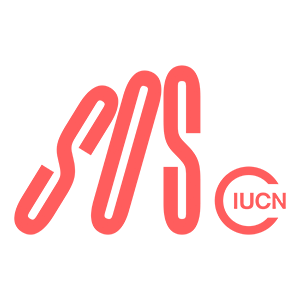
IUCN Save Our Species
IUCN Save Our Species, through the SOS Gibbons Initiative, has supported our work with a multi-year grant for our Javan gibbon reintroductions at Mt Tilu Nature Reserve
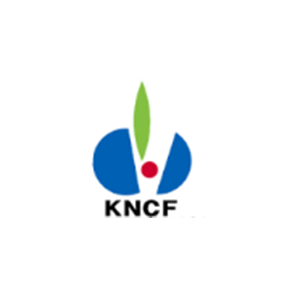
Keidanren Nature Conservation Fund
The Keidanren Nature Conservation Fund is supporting our work with siamang gibbons in south Sumatra during 2022/2023

Dierenpark Amersfoort Wildlife Fund
The Dierenpark Amersfoort Wildlife Fund is supporting our work with siamang gibbons in south Sumatra during 2022/2023
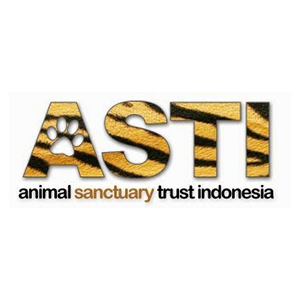
Animal Sanctuary Trust Indonesia
The Animal Sanctuary Trust is supporting our work with siamang gibbons in south Sumatra in 2022
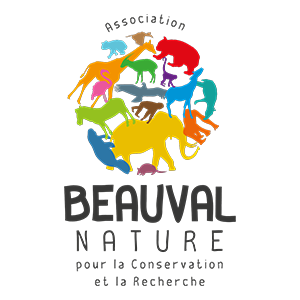
Beauval Nature Association
The Beauval Nature Association supported our work across our conservation programmes in Java over several years.
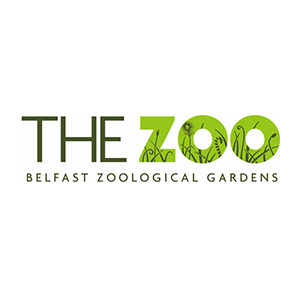
Belfast Zoo
Belfast zoo is supporting our work with Javan gibbons.
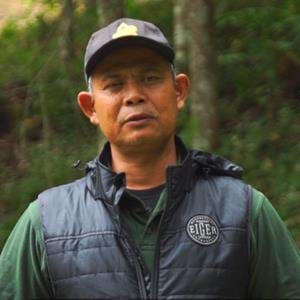
Director Javan Primate Programme
Made Wedana
The investment you make will pay dividends, not in a financial sense, but in the incalculable reward of helping to save a species.
News from Java
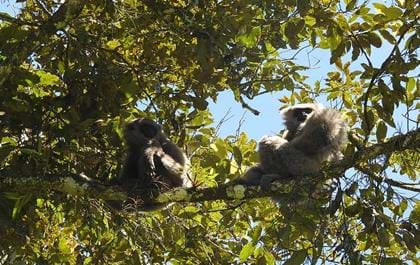
Our two year anniversary
Despite the delays to the repatriation of our UK gibbons to Java caused by the coronavirus pandemic, our team in Java continue their work of rescue and rehabilitation at our Javan Primate Rehabilitation Centre, as well as maintaining a monitoring and release programme at Mt Tilu Nature Reserve.
Read more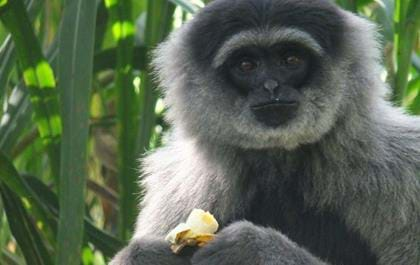
Offering salvation to vanishing species
At our langur rehabilitation centre in East Java, twelve rescued langurs entered the centre, along with a further seven transferred from our West Java centre ready for release. In total, the team released nineteen langurs back to the wild.
Read more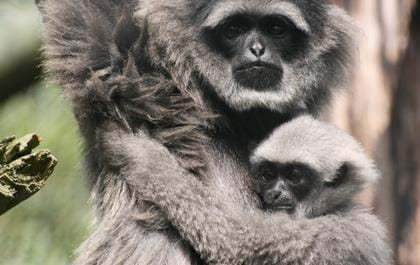
Pandemic Delays the Repatriation of Javan Gibbons to Indonesia
The coronavirus pandemic has caused a significant delay in our plans to continue the repatriation of captive-bred Javan gibbons to their native homeland.
Read moreWe are proud to be registered with the UK’s Fundraising Regulator.
